I don’t know if this is a post about homekeeping skills, or survival prepping, or just a nostalgic reminiscence of a very special man. But as I find myself in the midst of a global and surreal health crisis, I can’t help but think about my father and how, in his Depression era mindset, he actually portrayed a wise example to future generations. Amid this growing trend of modern day prepping, he was, without a doubt, the original survivalist.
My father, one of seven children, grew up on a small farm in southern Virginia. His first 14 years of life coincided with the Great Depression, so uncertainty over having enough food to eat was his normalcy. At the age of 18, he was no longer a child but a soldier fighting in Belgium in the Battle of the Bulge. My grandmother tells the story of how one night she took her blanket and pillow outside and slept on the ground, because she wanted to sleep under the same stars as her son. I always thought that would make poetic fodder for the novel I intended to write but soon became distracted by all the modern conveniences of my 1970s childhood.
Until now. Until, for the first time in my life, I am affected by a global pandemic, fighting an invisible enemy labeled Covid 19. And now, suddenly, I keep thinking about my father. How his garden expanded in size every year; how he insisted on buying a mule for tilling; and how he kept several freezers in our garage filled with wild game. And I suddenly realize that all those hours my father spent planting his garden, canning vegetables, and even making his own soap were never in vain. It was an investment in his future. It was an investment in the safety of his family. As a young girl, what I saw as eccentricity and foolishness, I now see as his labor of love.
I find it amusing that making your own household cleaners and bath bombs is a trend today. Yet for my father’s generation, those same skills were a necessity. I don’t know if I’ll turn my urban patio into a vegetable plot and start kneading my own bread, but I do know this. This Covid 19 experience has left me feeling vulnerable. More vulnerable than I think I could ever have imagined. And the thought of introducing more self-sufficiency in my household suddenly doesn’t seem so foolish. So if designating a Costco shelf in my basement for surplus food, starting an indoor herb garden, and growing a few tomato plants in my flower beds make me eccentric, I’ll wear that label. After all, I am my father’s daughter.
my recommendations
(This post may contain affiliate links; as an Amazon associate I earn from qualifying purchases. See disclosure here.)
- My favorite book on the subject of prepping is Survival Mom by Lisa Bedford. The author is more of a pragmatist than an extremist, and she simply nudges you to think about preparing your household for unexpected emergencies. It’s a good introduction to thinking more about self reliance.
 If you want to begin prepping but don’t know where to start, the website Backdoor Survival has a series entitled 12 Months of Prepping. I’m currently following this guide and building my own stash of emergency supplies a little bit each month.
If you want to begin prepping but don’t know where to start, the website Backdoor Survival has a series entitled 12 Months of Prepping. I’m currently following this guide and building my own stash of emergency supplies a little bit each month.
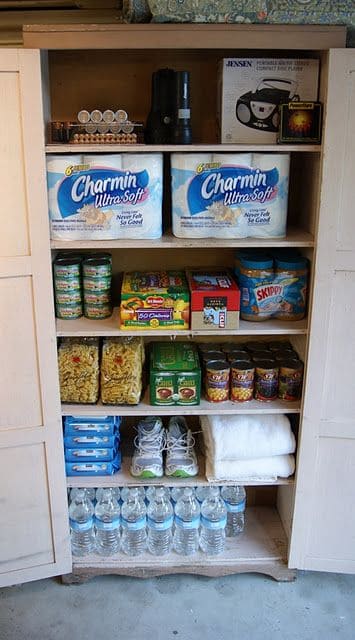
- I don’t fall for gimmicks easily, but I am extremely intrigued with this tiny washing machine that needs no electricity – the Yirego Drumi Portable Washing Machine. Hey, and it’s just so tiny and cute.
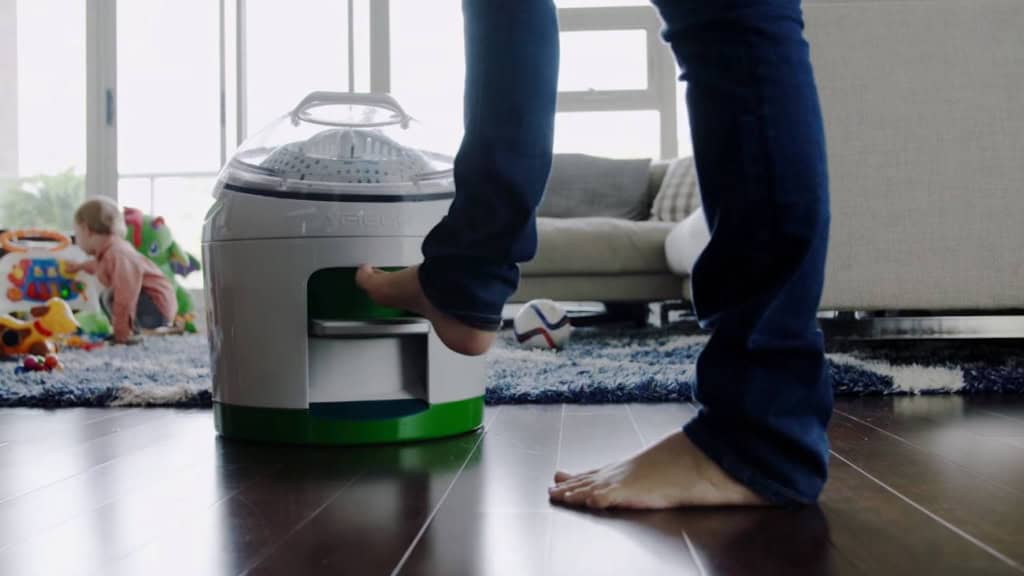
- Here’s my secret. If I were forced to dry my clothes outdoors, I wouldn’t be upset. Nothing can replace the nostalgic smell of line-dried laundry. This portable one is a great choice for urban residences.
The biggest compliment is a little share – pin the photo below!
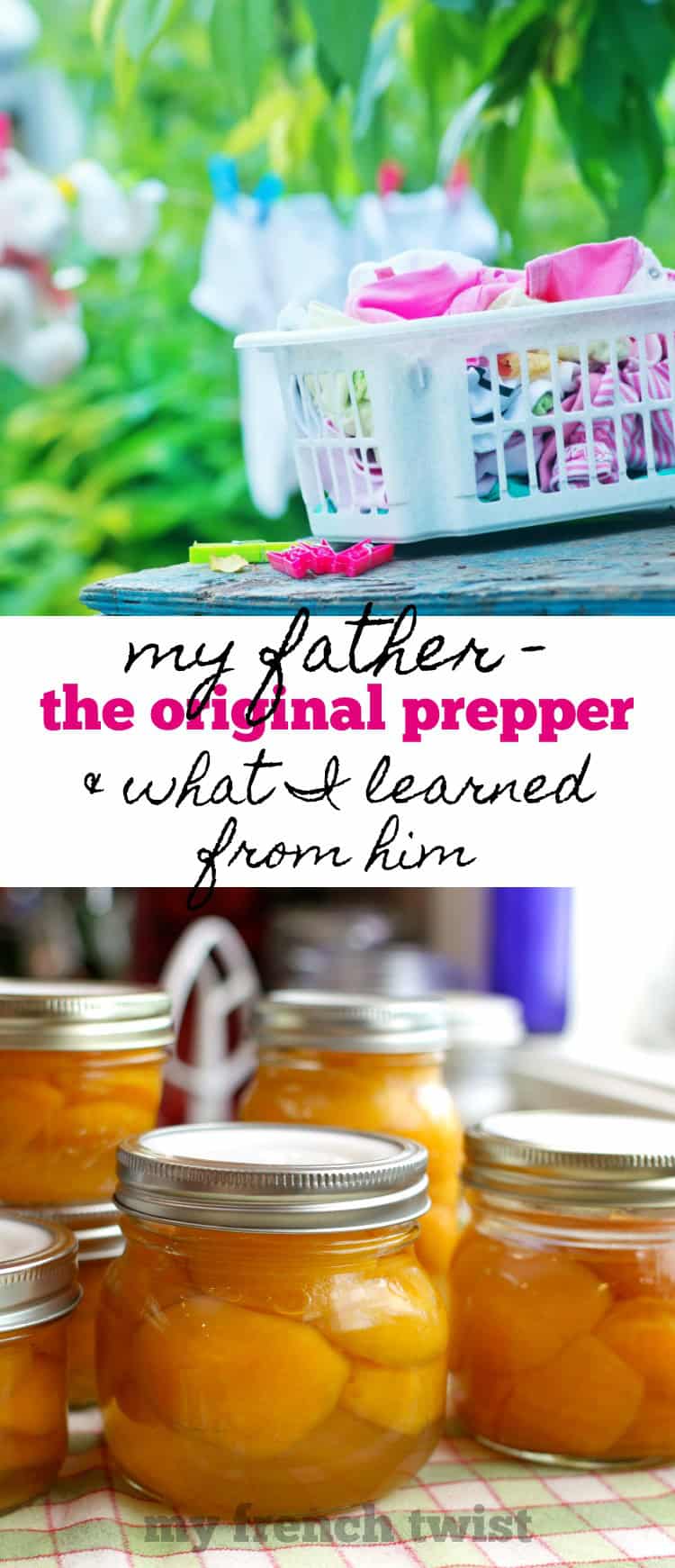



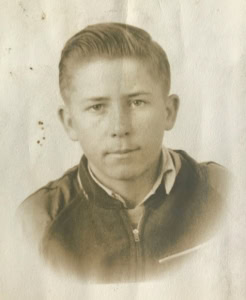

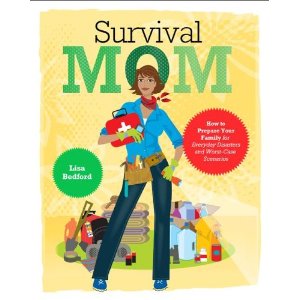
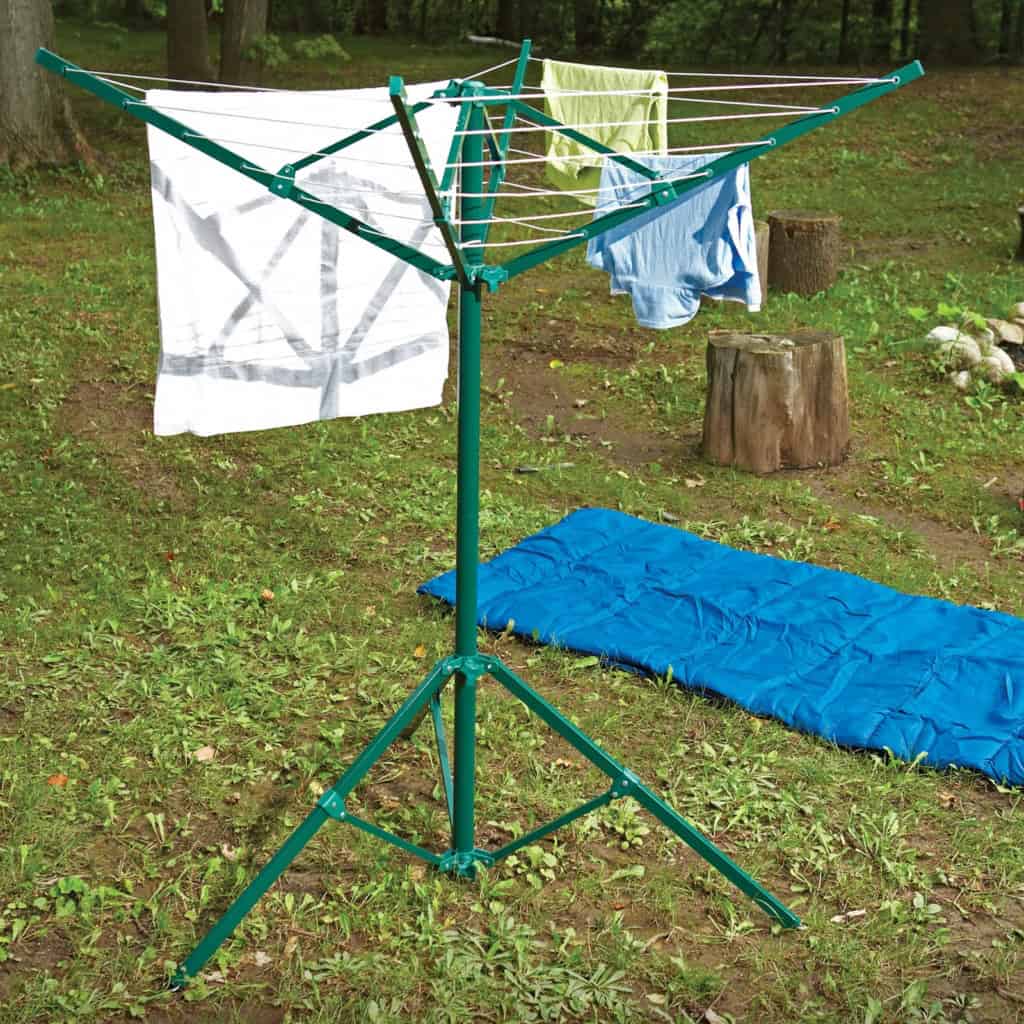
Anyway, making household cleaners has lots of benefits. First of all, such cleaners not as aggressive as commercial cleaners that make them more eco-friendly. Secondly, they’re safe for our health. And the last benefit is that they much cheaper and you can save a good sum on it.
It was very interesting to read – thank you! I like the idea of making cleaning products ourselves because this way we can avoid chemicals that are dangerous to humans and the environment. I also see a lot in canning – you can reuse cans without wasting them, but just washing them. It’s more environmentally friendly and conscious.
I’ve never had such idea like this Wendy. You have shared a very helpful post. Thank you for this. This will be a great help during this quarantine. You have a great day. I’ll be looking forward for more from your posts. Ciao.
~ Jedd Moreno
Thanks for sharing this blog post.
I think we have to learn from this quote and know how to prepare for the worst. In my case we have stocked up on a lot of non-perishable food and I’m also growing my own herbs and vegetables indoors so we become a little more self-sufficient. With automated grow boxes it is very easy, and you always have fresh products.
Best wishes to overcome this global pandemic.
Thanks for stopping by!